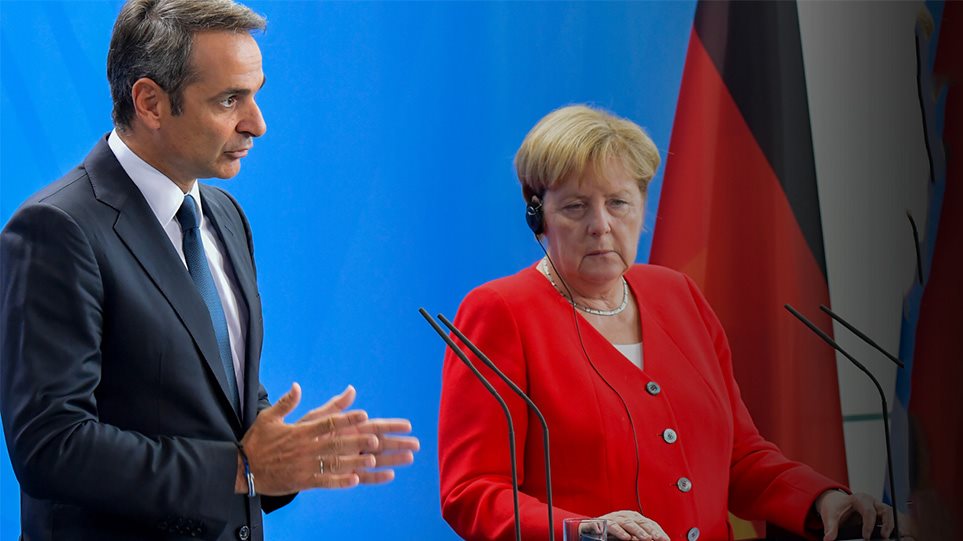Moody’s Investors Service downgraded 13 Turkish banks, just days after downgrading the Turkish economy’s credit rating.
The outlooks on the long-term deposit and debt ratings of all the Turkish banks rated by Moody’s remain negative, in line with the negative outlook on the sovereign rating. The negative outlooks reflect the downside risks associated with a balance of payments crisis, which could lead to capital controls and restrictions on foreign currency outflows.
Moody’s has maintained the Macro Profile it assigns to Turkey at Very Weak+.
also read
The world’s highest-earning football players (infographic)
Possible resignation of Libya’s PM raises questions over Ankara-Tripoli ties
It also says an upgrade is unlikely – while the downgrade could be caused by a host of factors combined with Turkey’s inability to react appropriately – an indirect critique of Erdogan’s centralised style of power.
The blow is particularly severe for the Turkish President, as Turkish banks are at the centre of his efforts to finance his exorbitant projects, to continue to provide cheap loans to Turks, but also to be able to intervene in foreign exchange markets to contain the slump of the Lira.
The downgrades on the 13 impacted banks are driven by Moody’s downgrade, on 11 September 2020, of the Government of Turkey’s bond rating to B2 with negative outlook from B1 with negative outlook. The downgrade of Turkey’s sovereign rating resulted in the lowering of the ceilings for foreign currency deposits to Caa1 from B3 and for foreign currency bonds to B2 from B1.





































